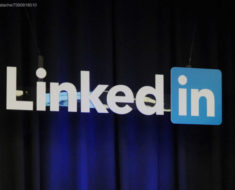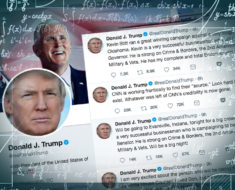Now that technology is so widely used by modern society, cybercrime is more popular than ever before. These criminals, when adhering to basic security measures, are highly unlikely to be identified for their acts — in other words, they’re not bound by the same characteristics of engaging in traditional criminal activity. One way that tech companies such as Apple, via its proprietary iMessage application, have attempted to prevent the interception of its users’ messages and other transmissions of information is through encryption.
All iMessages, for example, are automatically encrypted. Encryption uses cryptography, or the practice of using codes and mathematical puzzles, to keep things out of the wrong hands. Many other top-tier tech platforms automatically encrypt their own users’ communications, as well. Encryption has now become a standard practice among modern tech companies — not just an uncommon, hard-to-implement best practice, as it used to be.
Attorney General William Barr wrote a letter to Facebook in Oct. 2019, in which he requested Facebook’s decision-makers to rethink their idea to pause their implementation of all-around encryption, commonly called end-to-end encryption in the world of tech, from being implemented in Messenger, WhatsApp, and Instagram. These three applications are among the world’s most popular messaging services — WhatsApp and Messenger, Facebook’s now-independent messaging platform, are the top two such applications, respectively.
Stan Chudnovsky, the leader of Messenger, and Will Cathcart, the lead executive at WhatsApp, have both spoken out publicly against the requests of AG Barr, among countless other less-profiled United States government officials, claiming that what Barr and company have asked for from Facebook and its figurative three little piggies of messaging platforms would make it easy for “criminals, hackers, and repressive regimes” to get their hands on what the platforms’ users are saying to one another. Many people, as well as the leaders of the world’s largest social media platform and its subsidiary holdings, have spoken out in agreement with Chudnovsky and Cathcart.
Put simply, the U.S. government wants a way to access these platforms, supposedly, to stop would-be criminals in their tracks and building evidence of serious crimes carried out by Americans. However, tech experts have widely touted that allowing the American government to access these apps and their contents in such a way would undeniably be able to be exploited by people and entities that have nothing but bad intentions.
The aforementioned Facebook executives spoke out in an official letter published earlier this week in collaborative form.
Dil Bole Oberoi





